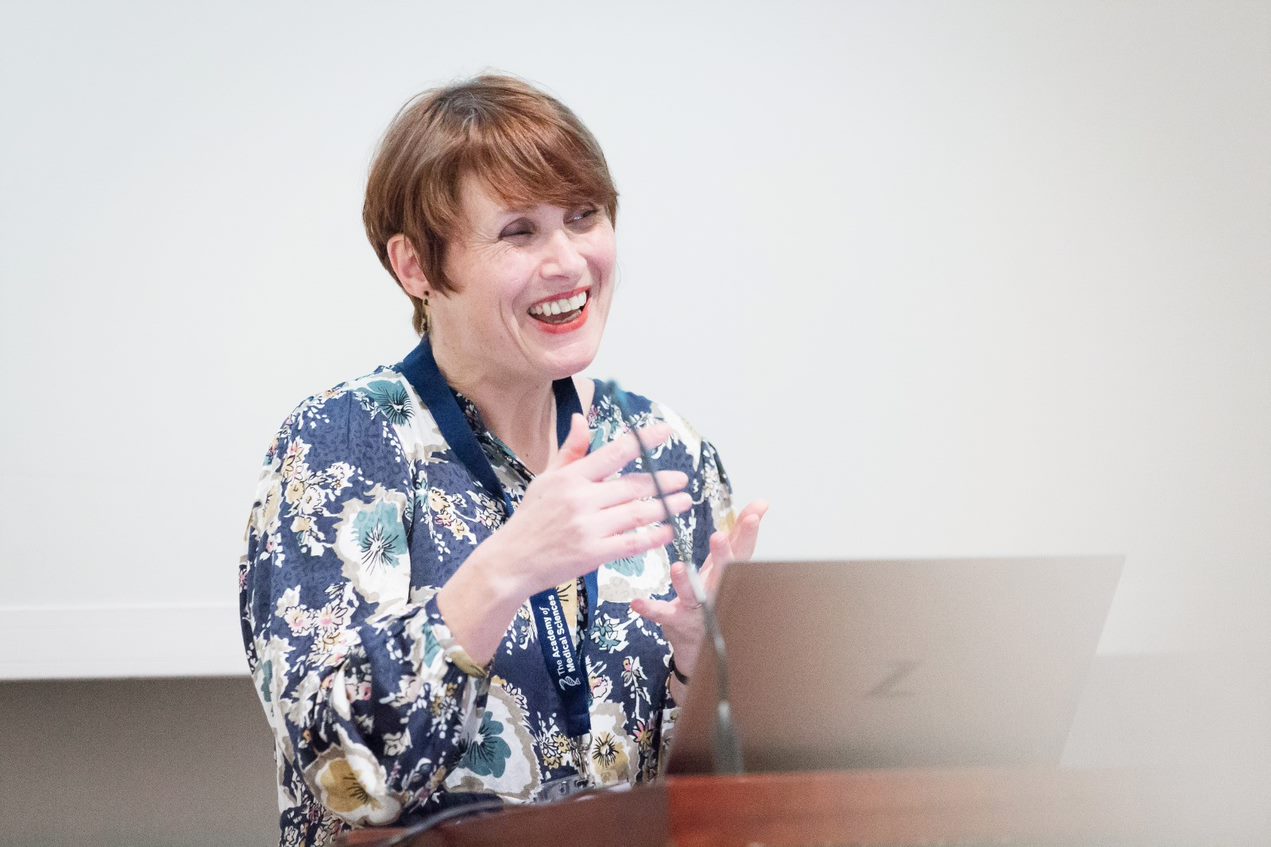Author: Professor Alison Pilnick, University of Nottingham, Nottingham, UK.
What is patient-centred care?

Patient-centred care (PCC) has its origins in the 1950s, though it wasn’t promoted as an approach in its own right until the 1980s. While there are now a variety of definitions and measuring tools (the UK charity The Health Foundation say there are more than 160), what unites them is an emphasis on the importance of a transfer of control from doctor to patient. This is seen as a necessary counter to the problem of medical paternalism, as exemplified by the historical attitude that ‘doctor knows best’.
What is the evidence for patient-centred care?
Despite its widespread adoption in NHS policy for service delivery, the evidence for the effectiveness of PCC is remarkably slight. Research repeatedly fails to show a clear link between the adoption of PCC in a setting, and an improvement in health outcomes. Some studies show an increase in patient satisfaction where PCC is practised, but even this is not universal.
The only consistent finding is that training practitioners to use a PCC intervention increases the practice of PCC as measured by that intervention – but this isn’t a very helpful circularity. However, rather than address the fact that PCC doesn’t seem to work to improve health, the problem is usually framed in terms of professional failings: that PCC would work if only healthcare professionals had more or ‘better’ training in it.
Why doesn’t it work?
PCC is grounded in a moral position that makes intuitive sense, rather than empirical evidence. But I analysed a large corpus of audio and video recorded healthcare interactions collected over a 25-year period from a wide range of healthcare settings that practised PCC. Examining these interactions as they actually happen in real life shows that there is not generally the struggle for control that PCC assumes.
The language of patient autonomy and choice that PCC uses obscures the way that choice and control are negotiated and constructed by healthcare professionals and patients together, based on a sharing of professional and personal expertise, rather than being discrete properties that can only belong to one or other party. If choice and control rest solely with patients, there is no longer any clear place for medical expertise in healthcare decision-making. The ultimate consequence of this is either in practices of patient affirmation that might not meet care standards, or in patients feeling abandoned because medical decisions are framed as private matters that they must make alone depending on how they feel about the options. Understanding this helps to explain why PCC doesn’t result in improved health outcomes.
What should we do instead?
There are two things that need to happen. The first is that we need to recognise the distinction between medical expertise (in the sense of the right to knowledge in a particular area) and medical authority (in the sense of deciding what should happen on the basis of that knowledge). PCC has rightly highlighted that the latter can be problematic, by rejecting the idea that the professional should unilaterally decide on a course of action for the patient. However, it has inadvertently problematised the former too. This is despite the fact that investigations into high-profile medical scandals in the UK, such as The Francis Enquiry[1], have concluded that it is often a culture of unchallenged medical authority that contributes to these and which needs to be addressed.
Rather than repeatedly trying to train professionals to practice 'better' PCC, we would be better off recognising that professionals have access to knowledge that patients want and need, and considering how medical expertise can be re-centred in contemporary healthcare in ways acceptable to the 21st-century patient.
The second is that we need to recognise that many, if not most, healthcare policies have to be talked into existence where care is delivered. This means they need to be grounded in a solid understanding of how healthcare interaction works in practice. An understanding of healthcare interaction needs to inform policy-making from the outset, and not just be used in evaluations as a barometer of its success.
References
[1] The Francis Inquiry (2013) Report of the Mid Staffordshire NHS Foundation Trust Public Inquiry.

Healthier lives
We understand the importance of a world that recognises and protects the most vulnerable and acknowledges the importance of a healthy mind as well as a healthy body.
